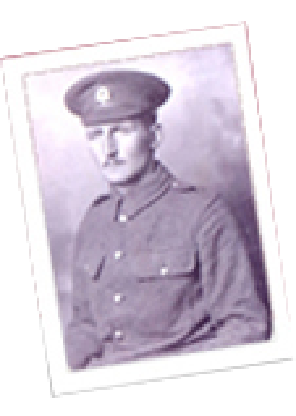- First Name(s):Walter
- Surname:HICKMAN
- Service Number:7931430
- Rank:
Trooper
- Conflict:WW2
- Service:Army
- Army Sector:Cavalry
- Corps:Royal Armoured Corps
- Regiment:46th (The Liverpool Welsh) Royal Tank Regiment
- Former Units:None
- Date of Death:22nd July 1942
- Age At Death:21
- Place of Death:Unknown
- Place of Burial:El Alamein War Cemetery, Egypt, Joint grave XXV. H. 15.
- Place of Birth:Unknown
- Home Town:Unknown
- Casualty's Relatives:
Son of Joseph and Beatrice Hickman of Wollaston, Worcestershire
HICKMAN Walter Is Named On These Memorials
Further Information About HICKMAN Walter
Appears on the Army casualties list for Worcestershire.
A letter from H.J. Winnington, Honorary Secretary of PCC, St James Church, Wollaston dated 17th December 1950 can be found within war records held at Worcestershire Archives requesting that Walter Hickman be added to the county roll of honour.
The following information has been researched and transcribed by The Black Country Society:
Walter Hickman was the son of Joseph and Beatrice Hickman of Wollaston. He trained with the Royal Armoured Corps and was posted to 4 RTR. In 1942 this unit was fighting in North Africa during the fluctuating fortunes of the 8th Army after Rommel took over leadership of the Axis forces. In June he broke through the main British defensive line at Gazala and captured Tobruk with its 35,000 Allied troops. He crossed into Egypt and by July had reached the last natural defence that could offer hope to the British. It became famous as the Alamein Line. With the Germans needing reinforcements after their long advance, General Auchinleck prepared a major counter attack for the night of the 21st July. By this time 4 RTR were in the 4th Armoured Brigade which was assigned to the 7th Armoured Division. Its target was the southern flank of Rommel’s forces and the battle lasted five days. Although Allied losses were heavy, the enemy had been definitely brought to a halt. Among the casualties was Trooper Walter Hickman who was killed in action on the 22nd July 1942. He died in a decisive battle which was close to a major turning point in the Second World War. It brought about the departure of Auchinleck, the arrival of Montgomery and the outstanding success at Alamein in October 1942.


